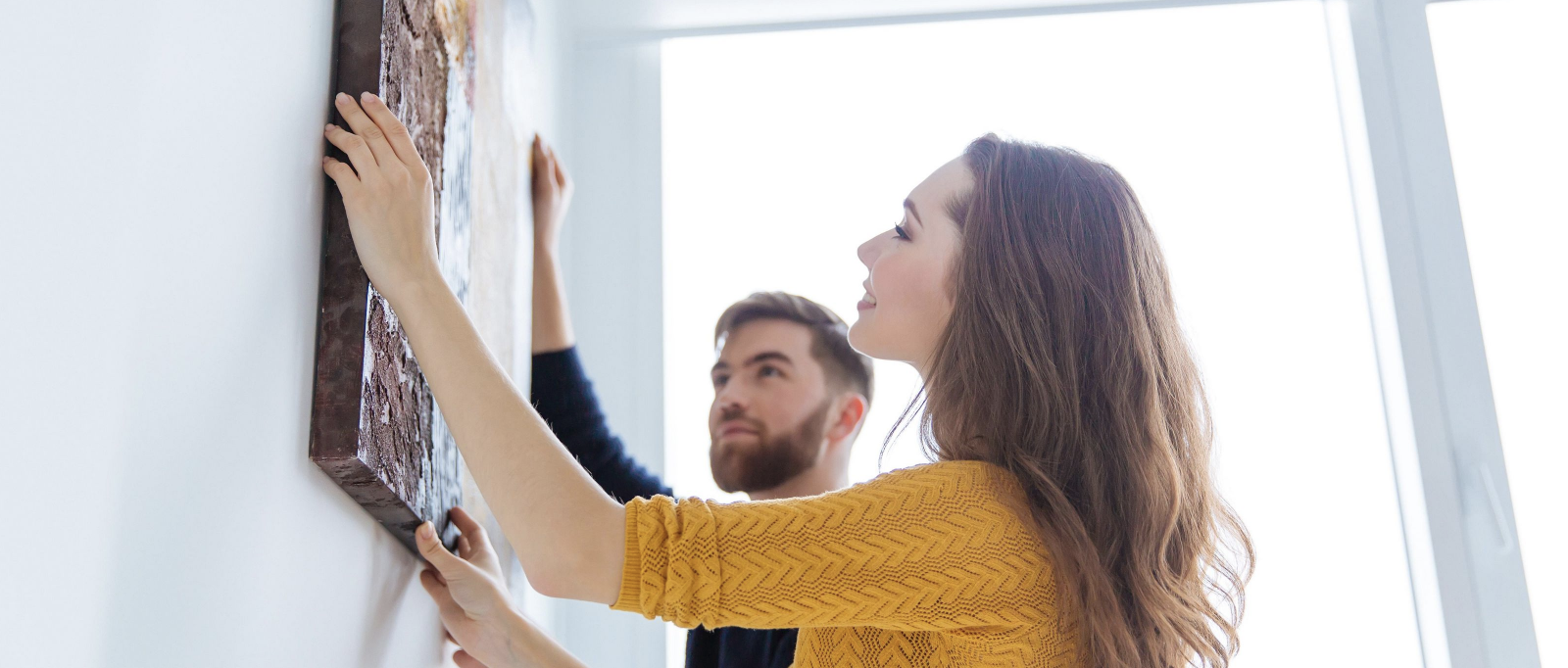Owning art – how to avoid legal and tax pitfalls

Artwork can be of immense aesthetic value, but it can also reflect its owner's values, traditions and even investment strategy. As many owners fail to consider the potential tax and legal implications of owning art at home and abroad, we have assembled the most important questions to ask yourself.
Art collectors and experts possess abundant knowledge when it comes to curating, hanging, storing, insuring and displaying art. Unfortunately, sometimes the tax and legal implications end up playing second fiddle. Particularly when artwork forms a sizeable part of one’s estate, taking time to consider taxation and legalities is a must.
Where passion meets taxes
If you are looking to buy, or already own, a piece of art, you will need to understand three important
topics:
- Does your jurisdictions impose a wealth tax, and if so, is artwork taxable?
- If taxable, what will this mean in terms of estate tax, gift tax, or import and export tax?
- What is the value of your artwork for tax purposes?
Valuation of cars or securities is comparatively simple as they are traded regularly, but artwork is often more complex for the following reasons:
- Pieces of art are often unique, so there is no broad market in which to easily compare acquisition and current market prices.
- The acquisition price may not correspond to the current market price.
- Beauty is in the eye of the beholder, so the price someone is willing to pay for a piece of art can only be known for certain once it has been sold, making art valuation unpredictable and volatile.
In practice, valuation of art is often based on the insurance value or expert opinions. Once a valuation is performed and used for tax purposes, be sure to review this value from time to time to ensure you are not being over or undertaxed.
Art and estate planning
When a person passes away, valuation is crucial to be able to file the individual’s last tax return or
determine the inheritance share and, with it, the inheritance tax potentially payable by each heir. In some
situations, artworks in an estate may also need to be reported retroactively to the tax authorities by heirs
(with potential supplementary taxes or, in the worst case, penalties becoming payable). If you own art across
jurisdictions, this can become especially challenging and professional guidance is recommended.
Art knows no borders. Or does it?!
Art is an internationally traded good and is often imported or exported when sold, but also for maintenance
work or display in museums abroad. When importing or exporting art, it is crucial that legal and compliance
requirements are understood well in advance and observed at every stage of the transport chain (including
customs regulations and value added tax [VAT]). Some considerations:
- VAT can be levied on imported assets based on their fair market value, so a sporadic valuation of a collection or single pieces of art is recommended.
- Does your jurisdiction provide VAT exemptions in cases of inheritance, relocation or art exhibitions?
- Will you be able to avail of freeports? Freeports are physical spaces provided by some jurisdictions where owners can deposit – tax free - artwork that has not reached its final destination. VAT and customs duties are generally only due in the country where the artwork is finally delivered and imported to.
Balancing passion and paperwork
It can be easy to get swept away by the beauty of art, but getting the paperwork right is an art in itself. By
working with specialists who can advise you on legal, compliance and taxation matters, you can pave a clear path
to reap the benefits of your artwork - aesthetic and financial - long into the future.
About the author
Ruth Bloch-Riemer is a partner at Bär & Karrer AG in Zurich. Her practice provides tax and legal advice to
private clients domestically and internationally, and is part of Julius Baer’s open product and service
platform.
Author: Ruth Bloch-Riemer